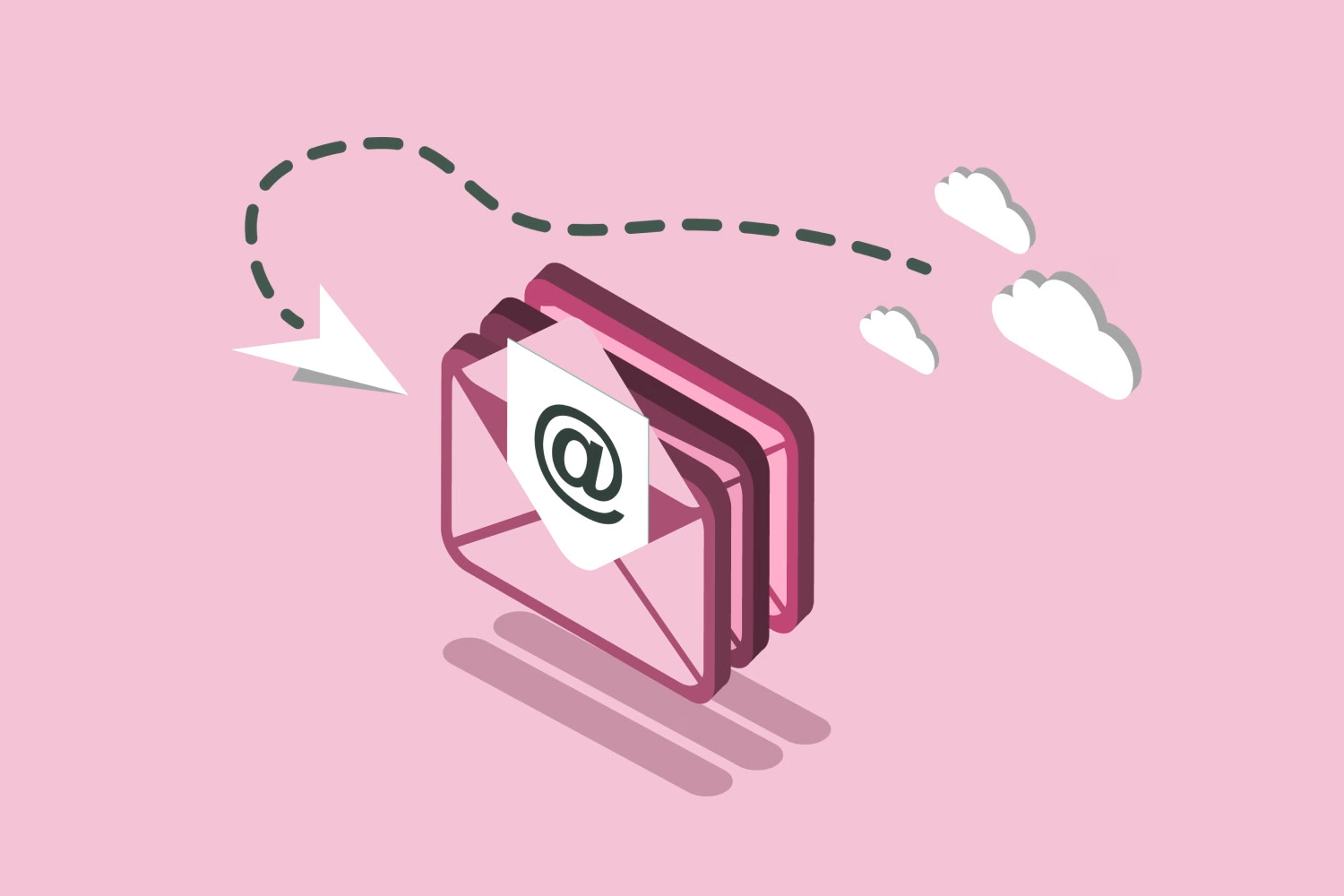Getting MAP Buy-in: Your Guide to Marketing Automation Readiness

Share this story
Marketing automation is a crucial piece of the demand gen puzzle, but when you’re the one tasked with launching a new marketing automation platform (MAP), it can be intimidating. You want to make sure your team is using the tool to its full potential — and that management sees and understands the return on investment.
As an account director, I often work with companies navigating this transition, and I’ve learned that transparency goes a long way toward putting stakeholders’ minds at ease. If you’re ready with answers to their questions, you can assure them that marketing automation doesn’t have to weigh down their existing processes. Instead, it handles the heavy lifting so they can work more efficiently and profitably.
Launching a marketing automation platform is a big endeavor — not only financially and technically, but also culturally. And considering how much time and effort goes into it, the last thing you want is to fail because there isn’t enough internal support. Getting early buy-in is critical.
So, start by talking to your stakeholders. Make sure they know what’s expected of them, what’s expected of the MAP, what’s at stake and what they stand to gain. Here are the most common MAP questions I hear, and how you can answer them to set the stage for marketing automation readiness:
1. How can I be sure my customers won’t get emails meant for prospects?
Segmentation is the key to delivering the right message at the right time. And data cleanliness is the key to effective segmentation. I recommend separating prospects from customers, and then segmenting your customers based on which product or service they purchase from you. From there, you can segment further in whatever way makes sense for your business.
Then, work with the relevant departments to determine their specific priorities and goals for each part of the sales funnel. What are they offering to prospects? What are they upselling or cross-selling to current customers? By clarifying these details, you can easily identify the needs of each group and direct the appropriate content their way.
2. Once we’ve got that right, how do we know we’ll send the right content to the right segments?
Start with what you know. If you have personas, align your content creation with persona needs. Segment your lists as far as you need, to group people by their roles, buying considerations, pain points and more. This allows you to assign highly targeted content assets that address specific needs.
If you don’t have personas as a starting point, consider creating a preferences center where people can self-select the type of content they want to receive. MAPs make this easy for you.
3. Are we just going to be flooding prospects’ inboxes?
If you are, you’re doing it wrong. Marketing automation isn’t about volume, it’s about timing. Strategic timing. As long as you have the right strategy in place and the right rules implemented in your MAP, you shouldn’t have to worry about overwhelming people.
This is a big concern for a lot of people, though, so don’t dismiss it lightly. Be transparent about your strategy and the rules you’ve put in place to ensure you’re not just inbox-bombing prospects.
4. You keep talking about content. How will we manage to create it all?
This is a legitimate concern, and one you should acknowledge directly. Depending on what’s available internally, it may be necessary to bring in outside resources to generate the content you need. But first, you need to give shape to your strategy.
Begin by creating a content map based on the stages of your funnel and the needs of your personas. Then, look at the content you already have and drop it into the appropriate spots. What’s left are your gaps.
If outsourcing to an expert to fill these gaps isn’t an option, look for ways to take the existing content and transform it into new assets. For example, a webinar could become a series of in-depth blog posts, an email journey or an ebook.
5. Why do we need a MAP? What’s wrong with what we’re already doing?
This is the old “if it ain’t broke, don’t fix it” argument. But even if what you’ve done in the past does work in some ways, it might not work in others. Maybe it’s not scalable, perhaps you have gaps in your funnel, or maybe you could use more relevant prospects.
Be open about how much the program will cost and how much revenue it’s expected to generate. Clarify roles and let your team know what you need from them to make it work — as well as what they stand to gain. And when you’re selling the value of a MAP to internal stakeholders, use their language. Avoid technology-specific terms that might intimidate or confuse them. Speak in terms of what matters most to them: their bottom line. Revenue. Customer satisfaction. Growth.
Sales, in particular, can be sensitive to how marketing automation will affect their role. Remind them that no MAP can replace the human touch they provide. While they’re focusing on their toughest sales and biggest prospects, your MAP is humming along in the background and keeping the funnel full for them.
6. Is our database clean enough to do this well?
A fair question, as bad data is the No. 1 reason why MAPs fail. Know whether you’re good to go or whether there’s work to do before you begin implementation. Have in-house or outsourced experts analyze your database so you’re ready with an answer and a plan when this question comes up.
7. Prospects don’t respond to emails. Why implement a tool that just sends them more emails?
If your prospects haven’t responded to pre-MAP emails, it could be because the content didn’t speak directly to their pain points or business goals. Be clear that you won’t be sending a higher volume of emails; you’ll be sending more meaningful, relevant emails in a more strategically timed manner.
Importantly, remind people that MAPs aren’t just for emails. They can trigger more effective telemarketing outreach, allow for more personalized experiences on your website, and provide more information for valuable sales conversations. People will need to be convinced, and you will need to be patient while they get comfortable. I recommend a trial campaign to test your strategy. After it’s over, review your learnings. Whether you meet your goals or not, you’re likely to capture insightful data that will help optimize future sends.
Most important of all, let your stakeholders know that MAP implementation doesn’t mean scrapping the things you already do well. A lot of what marketing automation does is modeled on your existing strengths. What a MAP offers is greater consistency, predictability and efficiency than humans can achieve alone.
Though other questions will likely pop up along the way, having these answers ready will help you address your stakeholders’ biggest concerns. If you’d like help navigating the process or guiding others through it, get in touch!



